
If you've ever looked at your skin and wished you could turn back time or simply remove the dulling, dry, and rough dead skin cells that accumulate on the surface of your skin, the good news is that you can -- but you may not have considered this approach before: a chemical peel.
Chemical peels involve using special chemical substances as a means to get rid of the rough, dead skin cells on the outer part of your face to make way for the fresher, newer skin underneath. While a refreshed appearance can be the immediate benefit of a light chemical peel, such as one that utilizes glycolic acid, there are some other considerations to make to determine if a chemical peel is the right skincare approach for you. The fact of the matter is that virtually all people can benefit from a chemical peel -- the important factor then becomes what kind of chemical is used and in what concentration.
If you identify any of the following statements with your skincare goals, a chemical peel could be the right choice for you.
"The texture of my skin is uneven-looking."
Can you imagine what life would be like if you never shed a skin cell? Sun, pollution, secondhand smoke and other environmental damage would take its toll and a 20-year-old person would likely start to look 60. Fortunately, your skin does renew itself regularly, but this process starts to slow down as you age. A chemical peel can provide a much-needed boost by encouraging skin exfoliation, removing the outer layer of skin cells that were past its time anyway and revealing the younger-looking, smoother, more even-toned skin below.
"I'm starting to notice more and more fine lines."
Fine lines and wrinkles are due to a combination of a number of factors: aging, sun damage, facial movements, gravity, a history of acne and even a history of picking at the skin. If you were to take a microscope to fine lines, you would see the skin in this lines is thickened and does not hold moisture and water as well as your surrounding skin.
Chemical peels can reduce the appearance of fine lines. Removing the outer dead layer of skin cells causes your body to create and even thicken the younger-looking, healthier layer below. It even motivates collagen production. This has the effect of generating firmer, smoother skin.
"My pores look huge."
Enlarged pores take away from helping your skin look even in texture and contribute to oiliness -- not to mention making you feel self-conscious, as if people are trying to peer down inside them every time they look at you.
Pores can become enlarged for several reasons, and often are the result of a combination of factors: excess oil production, skin clogging with oil and dead skin cells, and lost facial elasticity due to aging. Chemical peels -- glycolic acid especially -- can help to reduce the look of enlarged pores by breaking up the "glue" that binds oil and dead skin cells together, unclogging the pore, and enabling it to return to its normal size.
Where to Start
Innovations and formulations in chemical peels mean you don't have to get one in a dermatologist's office anymore. At-home chemical peels are available, including those that utilize glycolic acid, which offers the benefits of no downtime coupled with the benefits of refreshed skin that appears more even in skin tone with less-noticeable fine lines.
BeautyRx utilizes glycolic acid -- the gold standard for exfoliation -- in The Progressive Peel, an at-home glycolic peel option that is designed to increase in application strength over a six-week period. By increasing the strength, you can enhance a chemical peel's effects without any downtime or redness.
Resources:
Chemical peels. (2014, November 9). Retrieved from http://www.dermnetnz.org/procedures/peels.html
Schultz, N. (2012, November 19). Glycolic acid. Retrieved from http://dermtv.com/glycolic-acid
Sharad, J. Glycolic acid peel therapy - a current review. (2013, November 11). Cosmetic and Investigational Dermatology.
 BRX REWARDS
BRX REWARDS



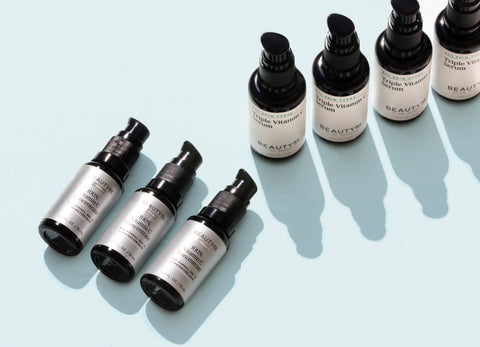


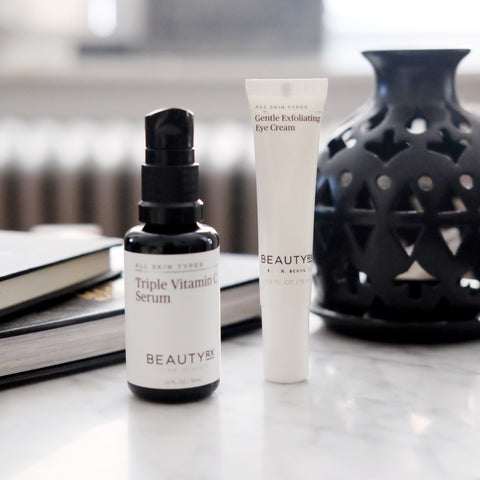
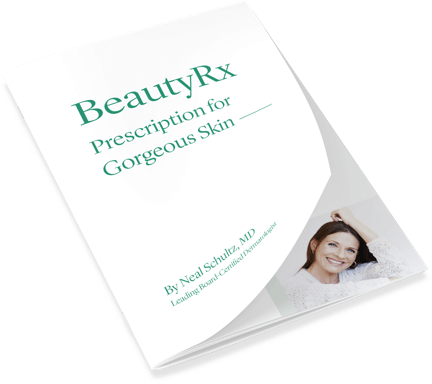
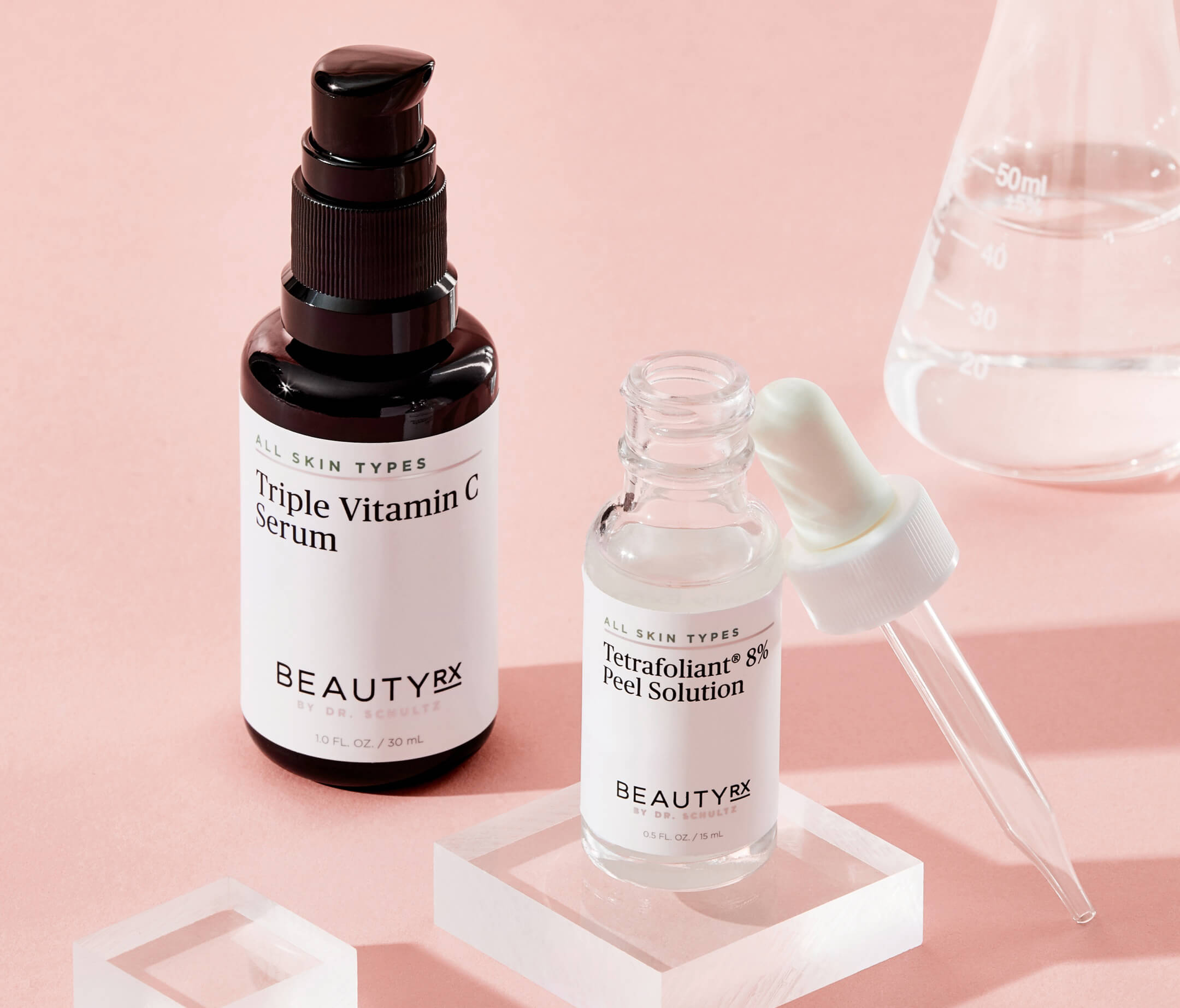

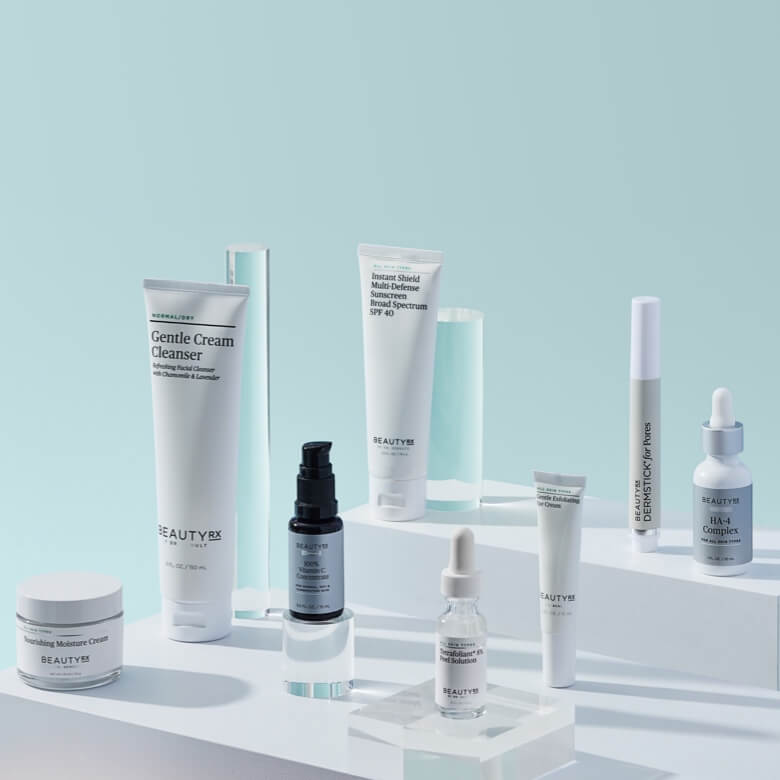
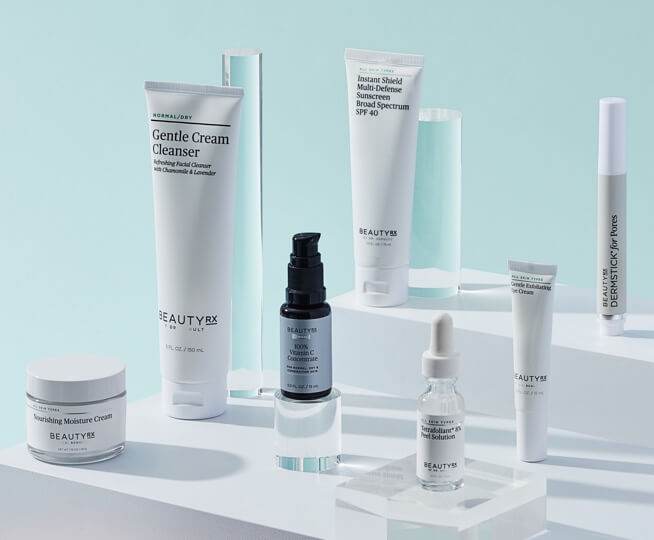


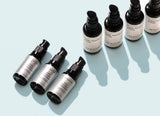


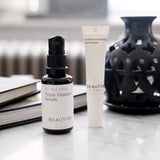


Leave a Comment